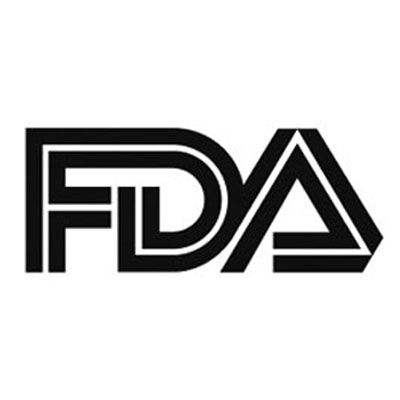Rolling BLA Submission Initiated for Cilta-Cel in R/R Multiple Myeloma
Rolling submission has been initiated for a Biologics License Application, submitting data to the FDA for the potential approval of ciltacabtagene autoleucel for the treatment of adult patients with relapsed and/or refractory multiple myeloma.

Rolling submission has been initiated for a Biologics License Application (BLA), submitting data to the FDA for the potential approval of ciltacabtagene autoleucel (cilta-cel) for the treatment of adult patients with relapsed and/or refractory multiple myeloma, according to a press release from Janssen.1,2
Legend Biotech has partnered with Janssen for the development of the B-cell maturation antigen (BCMA) chimeric antigen receptor (CAR) T-cell therapy.
“Initiation of the BLA submission is an important milestone in advancing this therapy for patients with multiple myeloma who are heavily pretreated and in need of treatment options,” stated Ying Huang, PhD, chief executive officer and chief financial officer of Legend Biotech. “Together with our collaborator Janssen, we look forward to working with the FDA to fulfill this unmet medical need with the goal of making this breakthrough treatment available to patients and healthcare providers in the future.”
Data supporting the BLA come from the pivotal phase 1b/2 CARTITUDE-1 clinical trial, results of which were presented during the 2020 American Society of Hematology (ASH) Annual Meeting.3
The study explored the safety and efficacy of the CAR T-cell therapy in patients with progressive multiple myeloma per International Myeloma Working Group criteria who have received at least 3 prior therapies including a proteasome inhibitor, immunomodulatory drug, and an anti-CD38 antibody.
A total of 97 patients were treated with cilta-cel between the phase 1b and 2 portions of the trial. Manufacturing was completed in a median of 29 days and did not lead to treatment discontinuation for any of the patients.
The objective response rate was 96.9%, including stringent complete responses in 67.0% of patients. Among 57 patients evaluable for minimal residual disease assessment, negativity was reached in 93.0% of patients.
The median progression-free survival was not reached in responders. At 1 year, the progression-free survival rate was 76.6% in all responders and 84.5% in patients who achieved a stringent complete response specifically.
At 1 year, the overall survival rate was 88.5% and the median was not yet reached.
Adverse events were reported in 99.0% of patients, and the most common events were hematologic, including neutropenia in 94.8%, anemia in 68.0%, leukopenia in 60.8%, and thrombocytopenia in 59.8%. Additionally, any-grade infections were observed in 57.7% of patients, cytokine release syndrome was observed in 94.8%, and neurotoxicity was reported in 20.6% of patients.
“We are committed to innovation in cell therapy and advancing the science of multiple myeloma to improve patients' lives,” said Peter Lebowitz, MD, PhD, global therapeutic area head, Oncology, Janssen Research & Development, LLC, in a statement. “Today's milestone is the culmination of a remarkable clinical development effort and collaboration with Legend Biotech. We look forward to working with the FDA in their review of cilta-cel with the goal of bringing a highly-active, dual-binding BCMA CAR-T therapy to patients with relapsed and/or refractory multiple myeloma who are in need of new treatment options.”
The FDA previously granted cilta-cel a breakthrough therapy designation in December 2019 for the treatment of patients with previously treated multiple myeloma based on earlier results from the study.
References
- Janssen Initiates Rolling Submission of a Biologics License Application to U.S. FDA for BCMA CAR-T Therapy Ciltacabtagene Autoleucel (cilta-cel) for the Treatment of Relapsed and/or Refractory Multiple Myeloma. News release. Janssen Pharmaceutical Companies of Johnson & Johnson. December 21, 2020. Accessed December 21, 2020. https://prn.to/3pd1yqt
- Legend Biotech Announces Initiation of Rolling Submission of Biologics License Application to U.S. FDA Seeking Approval of BCMA CAR-T Therapy Cilta-cel for the Treatment of Relapsed and/or Refractory Multiple Myeloma. News release. Legend Biotech Corporation. December 21, 2020. Accessed December 21, 2020. https://bwnews.pr/3pgCijd
- Madduri D, Berdeja JG, Usmani SZ, et al. CARTITUDE-1: Phase 1b/2 Study of Ciltacabtagene Autoleucel, a B-Cell Maturation Antigen–Directed Chimeric Antigen Receptor T Cell Therapy, in Relapsed/Refractory Multiple Myeloma. Presented at: 2020 ASH Annual Meeting and Exposition; December 5-8, 2020; Virtual. Abstract 177.